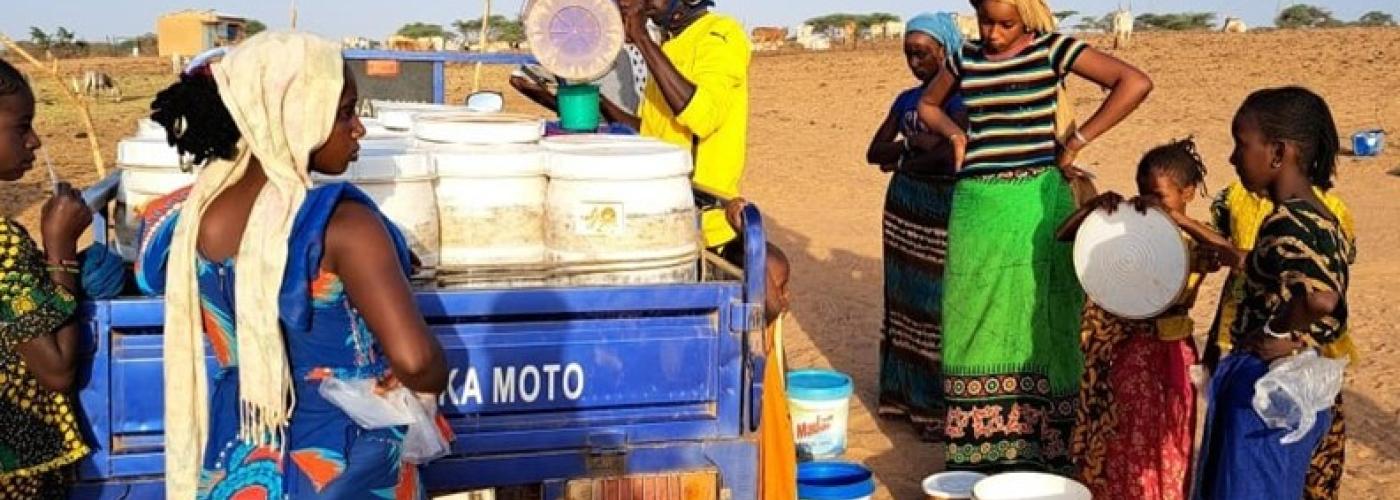The BD4FS Ambassador Firm Approach: Example from a Dairy Value Chain in Senegal
Image

Dairy farmers in northern Senegal are pastoralists who travel nomadically and seasonally to find greener pastures for their animals. This makes it difficult for processors like Laiterie de Berger (LDB) to collect milk. Therefore, LDB has set up a collection system that allows independent or salaried collectors to collect milk from farmers daily by motorcycle or tricycle. LDB created a subsidiary company, Kossam SDE, that provides milk collection and services to farmers to build their loyalty. Kossam SDE is an autonomous company resulting from the collaboration of LDB and the Association of Dairy Cooperatives. Since April 2019, it has taken over all the services provided by the dairy to breeders and producers, including collection. Kossam SDE depends on LDB’s refrigerated collection centers. A few collection centers in the region are supported by international donors and Senegalese NGOs. However, LDB is the only business in the region capable of absorbing significant volumes.
The Feed the Future Business Drivers for Food Safety (BD4FS) project in Senegal has recognized LDB as a leading firm or “Ambassador” in the dairy value chain. An “Ambassador firm” is a well-established business with a branded product or products with a good local reputation, an established QMS (quality management system), and has either been certified or is working towards certification. These firms help BD4FS facilitate access to small and medium-growing food businesses (GFBs) that are part of their supply or value chain(s). The primary mission of LDB is to connect rural milk supply to growing demand in urban areas. BD4FS and LDB reviewed potential contamination points in the dairy value chain through its signature co-design process. They recognized that at the beginning of the value chain, producers required training and technical assistance in safer food handling.

